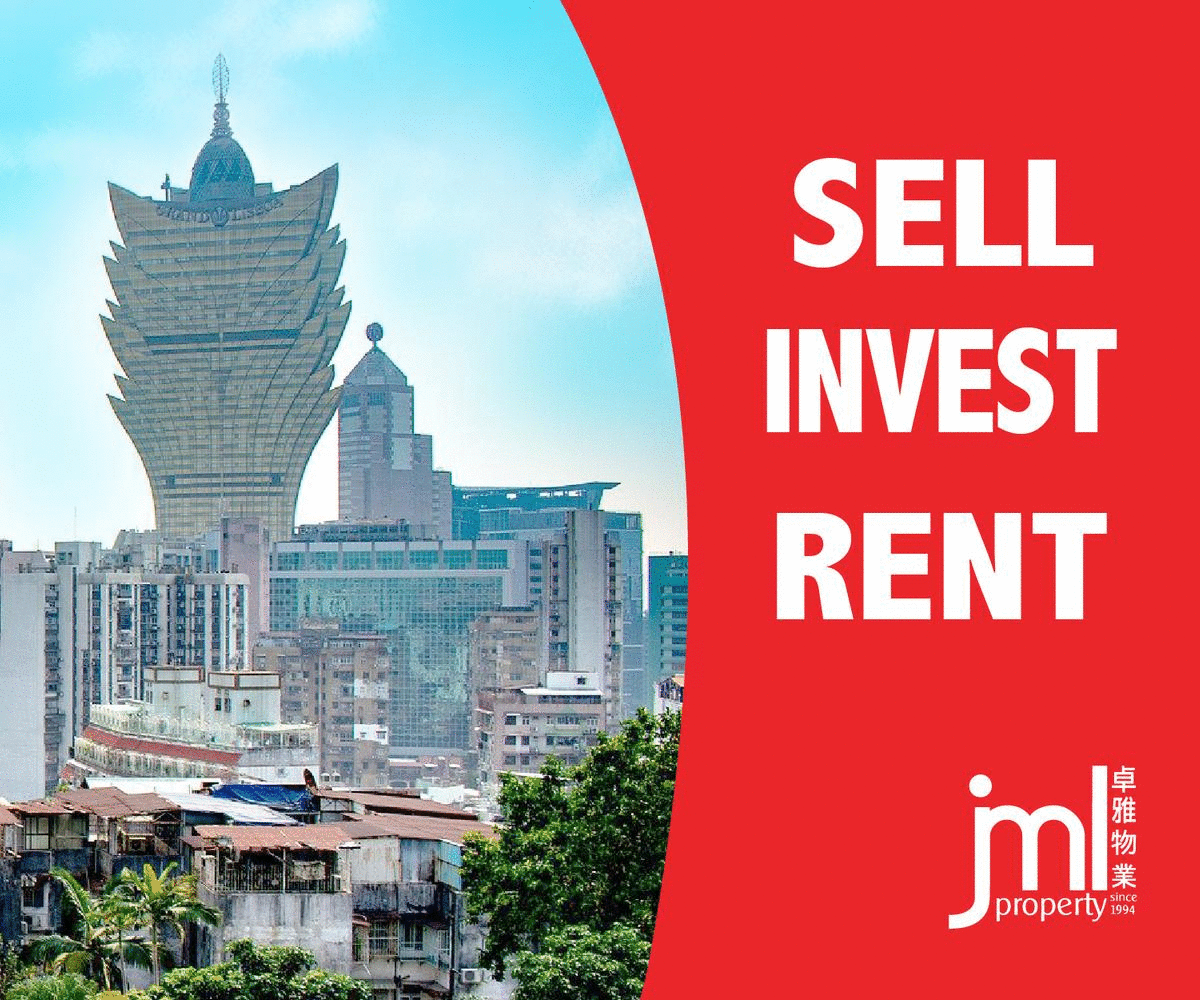Yesterday, the “Alliance for Change” (Aliança para a Mudança) list, led by lawmaker Melinda Chan, presented its political platform for the Legislative Assembly (AL) Elections.
Under the slogan “Fight for the Next Generation,” the list proposes to address several issues such as the development of the political system, support for small and medium-sized enterprises (SMEs) and promoting the role of Macau as a platform to link with the Portuguese- speaking countries.
Speaking to the media after the program’s presentation, Chan said “the first priority [to be addressed] is the housing problem.”
She proposes a new approach that is not restricted to building additional public housing units, but also limits the acquisition of new public housing units to local residents buying a house for the first time.
“In the research that we did yesterday, 75 percent of the young people [said] they would like to buy a house in the private market but the first installment is too high, [forcing them] to save for 17 years,” Chan said, adding that “this is the group that the government should help more.”
Jorge Neto Valente, number three on Chan’s list, added that, “this should happen, for example, on Zone A [of the new landfills] as well as in other land plots that have been designated for private housing.”
He further stated that this should be a “priority” that the government can clearly establish when giving the land plots to concession.
On the second topic addressed by their platform, Valente said, “There is a need to modernize the airport by adding infrastructure… such as building warehouses for the distribution of products from Portuguese- speaking countries.”
Valente added that these efforts would be included in the plans to increase the competitiveness of the region, which also includes the development plan for the Greater Bay Area and soon-to-open Hong Kong-Zhuhai-Macau bridge.
Regarding support for SMEs, Valente reiterated his stance that “there is a need to make the hiring of non-residents “more flexible” in order to increase local companies’ competitiveness.
“This doesn’t mean to increase the number of these workers, but to allow for a more flexible system,” he said, noting that the relevant law required revision as “it was [tailored for] a manufacturing industry that doesn’t exist anymore, and at present, the only two sectors that still can make use of the law are civil construction and catering.”
Valente also discussed the development of Macau’s political system. “Of course we do support the universal suffrage in the long run, but realistically speaking, [we would rather focus] on what can be done in the short term,” he said, adding the time in which universal suffrage can be achieved is unclear. “For that, [the plan is to] have more the half of the seats [at the AL occupied] by directly elected lawmakers.”














No Comments